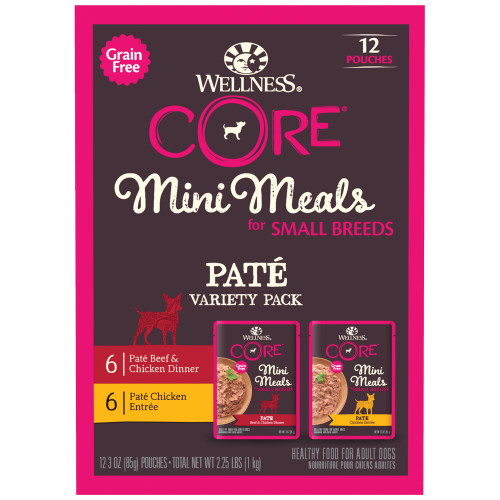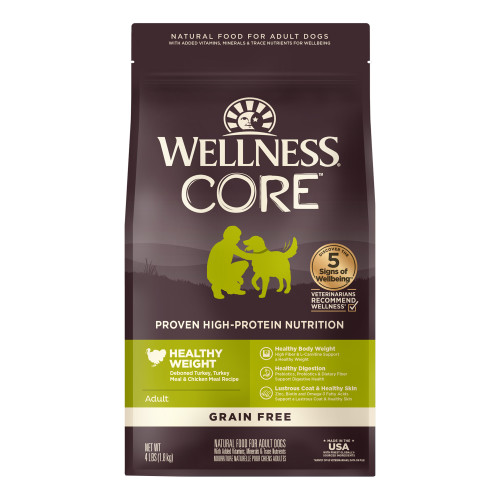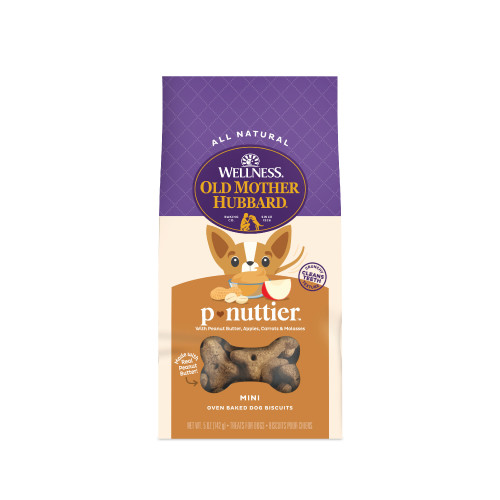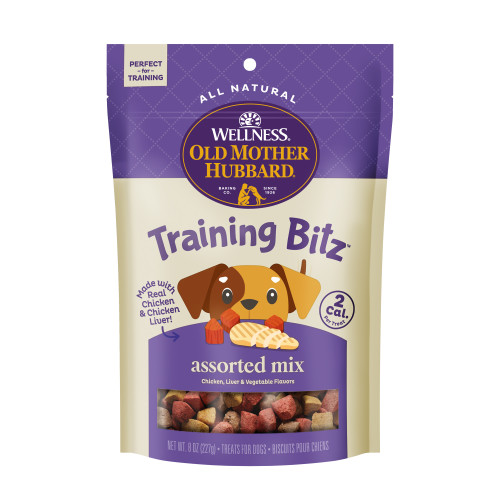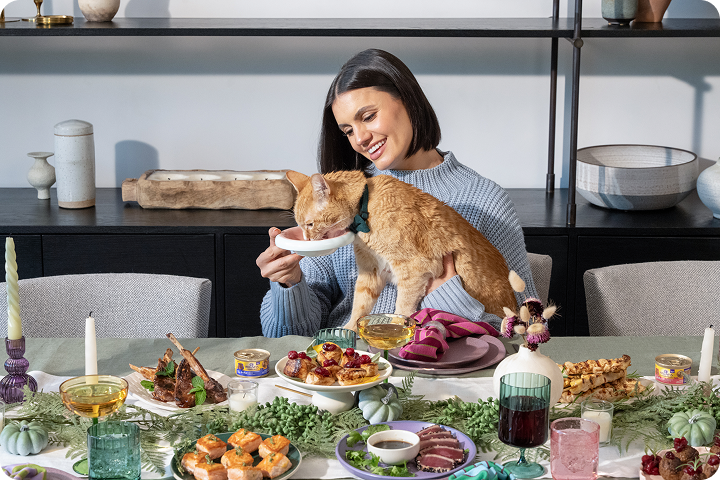August 7, 2020
My Cat Won’t Eat
Talk to any cat parent and they will often testify as to their cat’s finicky eating habits, especially their likes and dislikes. Paying attention to your cat’s bowl not only gives you insight into how they are feeling overall, but it also enables you to monitor their wellbeing. Should a cat stop eating for any reason, it can quickly become a serious health issue.
A refusal to eat is a concern for all pet parents, but for cats, this situation is especially dangerous.
When an animal does not eat enough nutrition to obtain all the calories they need, their body instead relies on utilizing its fat reserves as fuel. Should a cat stop eating for a period, rapid weight loss will commence. During this process, their body activates the liver to converts the stored fat into energy and relies on sufficient supplies of protein to help them achieve this. With a cat who has stopped eating, their body’s protein supplies are quickly exhausted resulting in their liver becoming overwhelmed by all the fat. This results in a dangerous condition known as hepatic lipidosis, which can lead to liver failure.
So why do cats stop eating?
There are a variety of reasons that impact how, when, and what a cat eats. A complete loss of appetite, however, can often indicate a potential underlying illness. If you notice your cat’s eating behaviors change, you should consult with your local veterinarian right away to determine the cause of the problem.
Other common causes of inappetence can be seen during key life stages for a cat as well as with changes to their food and environment. Here are some of those examples:
Why won’t my kitten eat?
- For kittens who are starting out in life, everything is new, and they are at the beginning of their journey in discovering what they like and do not like. During their weaning process onto solid food, which starts around 6-8 weeks of age, it is recommended to expose kittens to a variety of different types and textures of food to help them learn what they prefer. In the coming weeks, if a kitten won’t eat, it may simply be because they prefer one format of food, such as pate or shred, over another. Food tip: talk to the breeder or shelter before bringing your kitten home to find out what they have eaten so far and what they like most. This will allow for a smoother transition into your home.
- Another aspect to watch out for with a kitten who is not eating: have they eaten something they shouldn’t have? Like many young animals, kittens are curious by nature and love to explore. In many cases, however, this can result in them ingesting small items left around the house such as tinsel, string, or even hair ties. Once swallowed, these items can easily get stuck within their intestinal tract and cause your kitten to not only stop eating but to also feel quite ill reasonably quick. If you suspect your kitten may have eaten something they shouldn’t have, it is recommended to get in touch with your local veterinarian straight away as in serious cases surgery is often needed to remove the offending object.
Why won’t my new adult cat eat?
- When it comes to what a cat likes and does not like, the form and flavor of their food are key to their acceptance. Offering a wide variety at the beginning of bringing home your new cat is key to success. The other point to note is that a cat’s appetite is strongly driven by their sense of smell. Keeping your cat’s wet food at room temperature or in fact, slightly warmer can help drive acceptance success as warmer wet food increases its aroma and appeal.
- Changes in routine, their environment, or even a new addition into the home can result in a loss of a cat’s appetite. Moving to a completely new home and family makes for a big change for many cats and especially so for sensitive cats. If you have just brought home a new cat, allow them a few weeks to settle into your new home, set up an area that is their own where they can escape and feel comfortable, and make sure that you ask the person who previously cared for them what they like best when it comes to their food. Keeping that consistent in the first few weeks can provide an easier adjustment into a new home.
Why won’t my senior cat eat?
- As cats age, their appetite and eating habits are seen to reduce. They often lose interest in the food that they previously loved and seem reluctant to consume the same amounts that they may have when they were younger. Whilst this reduced appetite generally is not something to worry too much about and can be supported by feeding a high-quality meat-rich nutritional offering, if they are not eating well and starting to lose weight, then their situation is now worrisome. Ensuring your senior cat suffers from no disease or underlying illness is especially key for older cats, so speak with your veterinarian if you start to notice sudden changes in their eating habits. Don’t forget to also check their dental health. Because there’s a high prevalence of dental disease in all cats, by the time they become a senior they may be suffering from very poor oral hygiene that causes a reluctance to eat.
- Increasing the amount of wet food that your senior cat has is also important in helping with food consumption. As cats age, they are more predisposed to dehydration. Ensuring that your cat has enough water throughout the day by boosting it with some wet offerings is key. It also helps reduce the risks of constipation which may have further reduced the urge to eat.
What to Do If Your Cat’s Not Eating – Tips and Tricks to Help Them Eat
If your veterinarian has determined that your cat is healthy, but is just a picky eater who needs some extra care when it comes to what they eat, here are some tips:
- How to get a cat to eat wet food: Try feeding your cat foods with different textures, flavors, or shapes, and make sure to warm up wet foods if they have been refrigerated. Cats simply don’t like cold leftovers! A great option here is the Wellness Cat wet recipes. With 69 different products available in 10 formats and 26 flavors, you are bound to find a recipe that your cat will love! In fact, studies have shown 9/10 cats love the taste of Wellness.
- How to get a cat to eat dry food : If your cat is especially fussy, select a higher protein premium natural brand like Wellness CORE. These recipes are boosted in meat proteins for a taste cat’s crave making acceptance easier. As you start to try different flavors, buy a smaller trial size bag initially to help ensure the freshness of the bag once opened. The smell of the fresh bag for some cats helps drive their preference.
What to feed a sick cat?
If you think your cat is suffering from an underlying health issue or has completely stopped eating, the best tip here is to talk with your local veterinarian.
- Depending on the cause of their illness there may be a veterinary prescription diet or appetite stimulant that can help them best. Once they are back to health and given the all-clear, keeping your cat on a premium, high-quality natural diet like Wellness Complete Health will ensure that they receive balanced nutrition for a lifetime of wellbeing.
- How to feed a finicky cat : If your cat is especially fussy, try to encourage them to eat a premium high-meat wet recipe like Wellness CORE wet. These high-meat offerings are superior choices to feeding human food alternatives that your cat may show an interest in, as the Wellness CORE high-protein recipes are complete and balanced for your cat’s health and wellbeing. The different flavors and forms will help most fussy cats. But remember to make sure it is fresh, room temperature, and offered at differing times of the day, as some cats just prefer to eat small meals throughout the day rather than two larger main meals.
At Wellness, we get that cats can be tricky to feed. With our commitment to always providing a Catisfaction Guarantee on all of our products, not only can we find the perfect recipe that your cat will love, but best of all, you will see a difference in your cat with the right nutrition.



